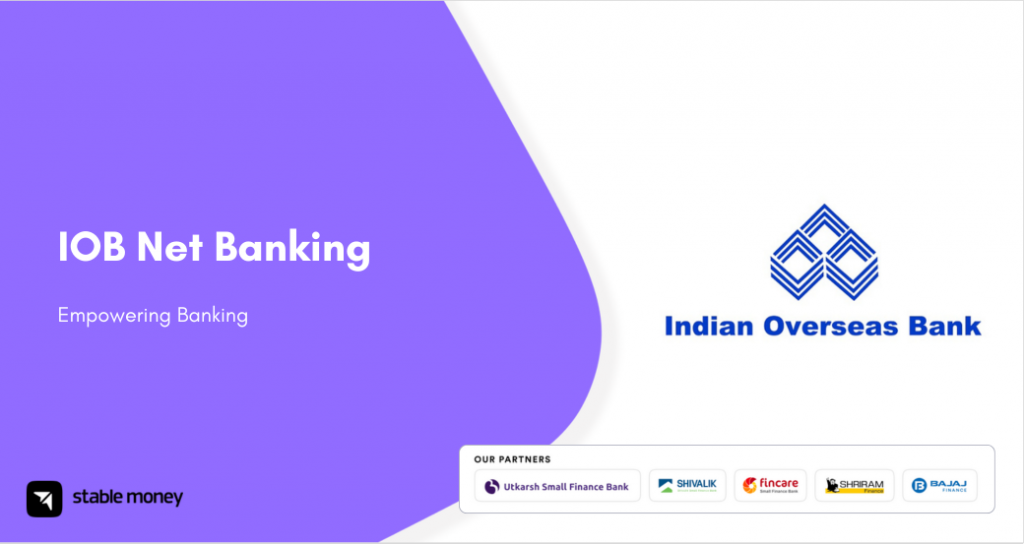
Many individuals explore opportunities beyond their home countries in today’s interconnected world. For Non-Resident Indians (NRIs) who wish to manage their income and investments in India, a Non-Resident Ordinary account is a vital financial tool. This blog aims to provide a detailed understanding of NRO accounts, their features, benefits, eligibility criteria, required documents, the account opening process, and why NRIs should consider opening one.
What are NRO Accounts?
Non-Resident Ordinary accounts are designed explicitly for NRIs to manage their Indian income, such as rent, dividends, or pension, and make investments in India. These accounts allow NRIs to maintain and manage their funds in Indian currency (INR) and conduct various financial transactions.
Non-Resident Ordinary Account Details
- Type: Non-Resident Ordinary Account
- Currency: Indian Rupees (INR)
- Nature: Repatriable or Non-repatriable, depending on the source of funds
- Operations: Single or Joint account
Features of an NRO Account
- Repatriation: Funds from a Non-Resident Ordinary account can be repatriated up to a certain limit per financial year (subject to conditions and approval from the Reserve Bank of India).
- Deposits and Withdrawals: NRIs can make deposits and withdrawals in INR without any restrictions.
- Investments: Non-Resident Ordinary accounts allow NRIs to invest in various financial instruments like fixed deposits, mutual funds, stocks, and real estate.
- Taxation: Interest earned on NRO account balances is subject to tax deductions at source (TDS) as per Indian tax laws.
- Joint Account: NRIs can open a joint Non-Resident Ordinary account with another NRI or a resident Indian.
- Nomination: Nomination facilities are available to ensure easy transmission of funds to a nominee in the event of the account holder’s demise.
Benefits of NRO Account
- Convenient Management: NRIs can efficiently manage their Indian income, pay bills, and conduct transactions in INR.
- Easy Access: NRO accounts provide easy access to funds through ATMs, online banking, and chequebooks.
- Secure Investments: NRIs can invest in various Indian financial instruments and enjoy potential returns.
- Repatriation: NRO accounts offer the flexibility to repatriate funds, subject to applicable guidelines.
- Joint Account Holder: NRIs can add a resident Indian as a joint account holder, enabling seamless financial management.
Eligibility Criteria for Opening an NRO Account
- Non-Resident Indian (NRI) or Person of Indian Origin (PIO) status.
- Indian passport holders residing outside India or foreign passport holders of Indian origin.
- Individuals who earn income in India or have Indian assets.
Documents Required to Open an NRO Account
- Passport and visa copies
- Overseas address proof
- Indian address proof (if available)
- Passport-sized photographs
- Foreign address proof (if required)
How to Open an NRO Account?
- Step 1: Choose a bank
- Research and select a reputed bank in India that offers NRO account services.
- Step 2: Collect the required documents
- Gather all the necessary documents as per the bank’s requirements.
- Step 3: Visit the bank
- If available, visit the branch or apply online through the bank’s website.
- Step 4: Complete the application
- Fill out the Non-Resident Ordinary account application form and submit the required documents.
- Step 5 Verification and Account Opening
- The bank will verify the documents and open the NRO account upon completion.
Why Do You Need to Open a Non-Resident Ordinary Account?
- Manage Indian Income: NRO accounts provide a dedicated platform to manage income generated in India.
- Compliance with Regulations: NRIs must channel their Indian income through NRO accounts as per Indian regulations.
- Investments in India: NRO accounts facilitate investment in various financial instruments, allowing NRIs to capitalise on opportunities in the Indian market.
- Easy Remittance: Repatriation facilities provided by Non-Resident Ordinary accounts enable seamless transfer of funds back to the foreign country of residence.
Conclusion
For NRIs, opening a Non-Resident Ordinary account offers numerous advantages in managing Indian income, investments, and repatriation of funds. It serves as a convenient financial tool to stay connected with one’s roots while exploring global opportunities. By adhering to the eligibility criteria, submitting the required documents, and following the account opening process, NRIs can seamlessly establish a Non-Resident Ordinary account and harness its benefits.
FAQs
NRIs, as well as Persons of Indian Origin (PIOs), can open a Non-Resident Ordinary account. Indian passport holders residing outside India and foreign passport holders of Indian origin are eligible.
NRIs, as well as Persons of Indian Origin (PIOs), can open a Non-Resident Ordinary account. Indian passport holders residing outside India and foreign passport holders of Indian origin are eligible.
Yes, the interest earned on NRO account balances is subject to tax deductions at source (TDS) as per Indian tax laws.
Yes, subject to certain conditions and with proper documentation, you can convert an NRO account into an NRE account.
Yes, NRIs can open a joint NRO account with another NRI or a resident Indian.
Yes, NRIs can open a joint NRO account with another NRI or a resident Indian.
Disclaimer
This article is solely for educational purposes. Stable Money doesn't take any responsibility for the information or claims made in the blog.

